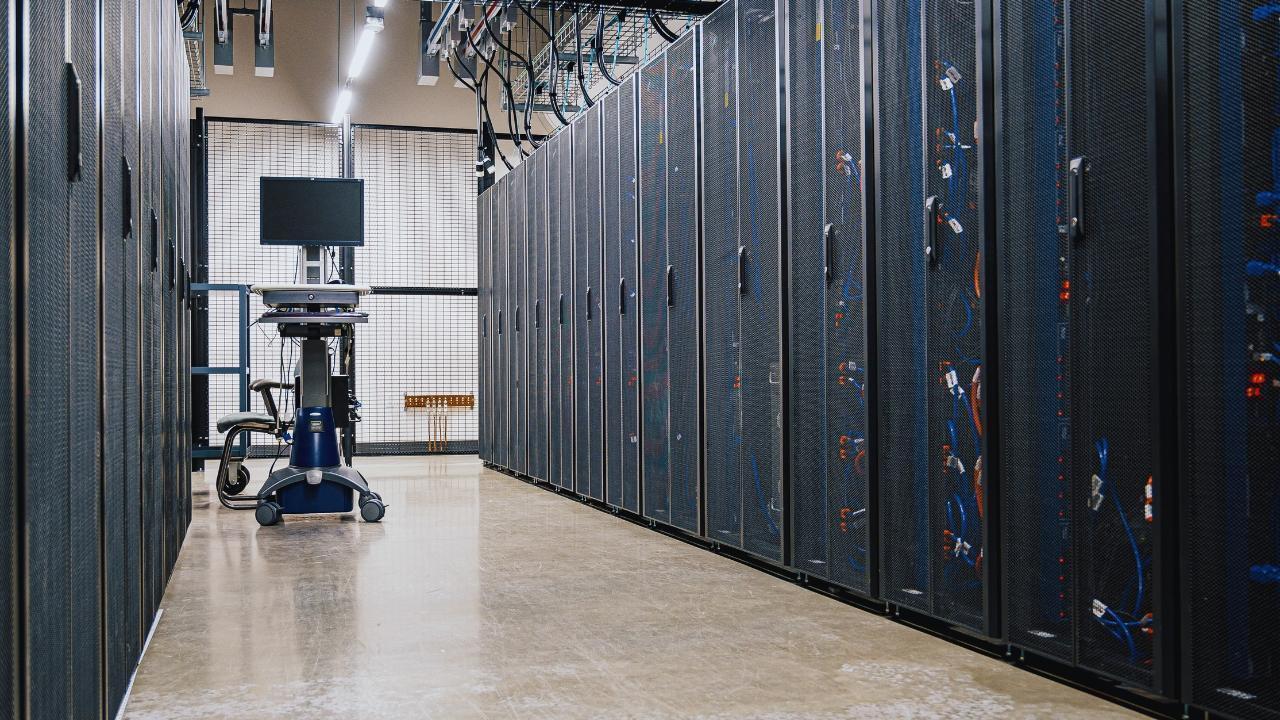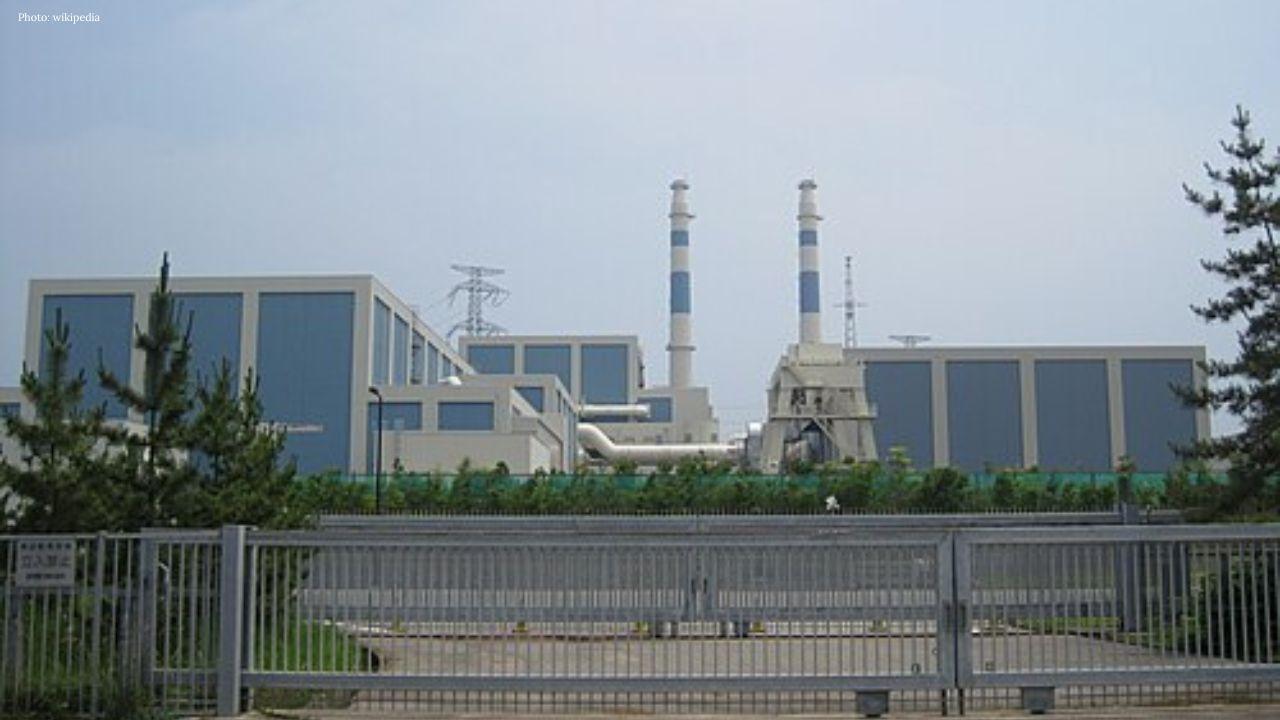You have not yet added any article to your bookmarks!

Join 10k+ people to get notified about new posts, news and tips.
Do not worry we don't spam!

Post by : Anis Farhan
Asia is no stranger to transformation. Over the last five decades, the region has shifted from being an oil-dependent economy to diversifying into tourism, finance, trade, and now, digital technologies. At the heart of this transformation lies one of the most crucial yet less visible infrastructures: data centers. As the world moves toward cloud-first strategies, artificial intelligence adoption, and digitally driven economies, data centers are becoming the foundation that powers it all. From enabling e-commerce platforms to hosting government digital records, they are not only technical assets but also economic drivers.
In the last five years, Middle Eastern governments and private sector leaders have invested billions into building state-of-the-art data centers. Saudi Arabia, under Vision 2030, has been aggressive in positioning itself as a hub for digital infrastructure. The UAE, particularly Dubai and Abu Dhabi, has pushed forward with hyperscale data centers to meet the demand from fintech, AI startups, and global corporations expanding in the region.
According to recent industry reports, Asia data center market is projected to grow annually at double-digit rates, driven by the adoption of cloud services, rising demand for digital content, and the rapid acceleration of smart city projects. International players such as Amazon Web Services (AWS), Microsoft Azure, and Google Cloud are setting up operations, while regional firms are also expanding their footprint. This dual investment stream ensures a blend of global expertise and local specialization.
For businesses in the region, cloud computing has become more than a trend—it is now a necessity. From small startups to large banks, everyone is moving their operations to cloud platforms to remain competitive. The benefits are obvious: scalability, efficiency, and reduced costs compared to traditional on-premise servers. But the significance for governments goes deeper.
Cloud-first policies are now driving national digital agendas. For instance, government services are increasingly shifting online, which requires secure, reliable, and fast data infrastructure. Public health systems, tax portals, smart transportation services, and even education platforms are dependent on cloud solutions. Without data centers, these initiatives cannot function smoothly.
Building data centers in Asia comes with unique challenges. The region’s extreme heat means cooling systems need to be highly efficient, and the energy demands of large data facilities are enormous. Sustainability, therefore, has become a top concern.
Countries like the UAE and Saudi Arabia are investing heavily in renewable energy projects, ensuring that their data centers are increasingly powered by solar and wind. The idea is not just to keep costs manageable but also to align with climate commitments. For example, Saudi Arabia’s NEOM smart city project has announced that all its digital infrastructure will be powered by 100% renewable energy, making it a benchmark for sustainable digital transformation.
Another key factor driving local data center development is the question of sovereignty. Governments want sensitive information—such as defense communications, citizen records, and financial transactions—to be stored within their borders. Hosting data locally reduces risks of external interference and ensures compliance with national laws.
This has also led to the rise of “sovereign cloud” initiatives, where local operators offer cloud services in line with strict government regulations. The approach balances technological innovation with political and security needs. In a region where cybersecurity threats are increasingly sophisticated, having local control of data is seen as essential.
Beyond the technology itself, the boom in data centers is fueling job creation and economic growth. Each facility requires engineers, IT specialists, cybersecurity experts, and maintenance staff. Moreover, the ecosystem surrounding data centers—construction companies, renewable energy suppliers, software providers—benefits tremendously.
For countries looking to diversify their economies beyond oil, digital infrastructure is a strategic sector. By attracting global tech firms and fostering homegrown startups, data centers become not just storage hubs but engines of innovation. Asia’s young and tech-savvy population stands to gain the most, as opportunities in digital careers expand.
Interestingly, the race to dominate data infrastructure is not creating rivalries alone but also collaborations. The UAE, Saudi Arabia, Qatar, and Bahrain are all positioning themselves as digital hubs, but the interconnectedness of cloud networks means cooperation is also necessary. A data center in Riyadh might support clients in Dubai, and one in Doha might provide backup for Abu Dhabi.
Cross-border data flows are expected to grow significantly, especially as e-commerce platforms, financial services, and entertainment companies expand across the region. Instead of being isolated, data centers are forming part of a larger ecosystem that binds Asia into a single digital market.
For the average person, data centers may seem like distant, invisible infrastructure. But their impact is felt every day. When a customer makes a purchase through an app, streams a film online, pays for groceries with a digital wallet, or accesses medical records through a government portal, data centers are at work in the background.
The COVID-19 pandemic accelerated this shift. As millions of people moved to remote work, online learning, and telemedicine, the reliance on cloud platforms skyrocketed. This dependency has not diminished—in fact, it has set new expectations. Consumers now demand faster services, more reliable apps, and greater digital accessibility. Meeting these expectations requires robust and ever-expanding data infrastructure.
The next decade will be crucial. Experts believe that by 2035, Asia could become one of the leading global regions for cloud services and digital innovation. AI, blockchain, and the Internet of Things (IoT) will all depend on scalable and secure data centers. Meanwhile, governments are ensuring that the infrastructure is not only cutting-edge but also resilient against climate and cybersecurity risks.
The question is not whether data centers will rise in Asia—they already have. The real question is how these facilities will transform societies, reshape economies, and redefine the global role of the region in the digital age. From being energy exporters, Middle Eastern nations are now preparing to become digital powerhouses.
The views and analysis presented in this article are for informational and editorial purposes only. Middle East Bulletin does not endorse any specific companies, technologies, or investment strategies mentioned herein. Readers are advised to rely on official sources and independent research before making decisions related to business, technology, or finance. While every effort has been made to ensure accuracy, Newsible Asia is not responsible for any errors, omissions, or outcomes arising from the use of the content.










US-Based Japanese Doctor Arrested Over Shrine Vandalism
Masahide Kanayama extradited to Japan, accused of defacing Katori Shrine in Chiba with oily liquid i

China to Raise Defence Budget by 7% in 2026 Amid Global Tensions
Beijing proposes a 1.91 trillion yuan defence budget for 2026, marking 11th straight year of single-

China Ousts Three Retired Generals from Top Political Advisory Body
CPPCC ousts retired PLA generals ahead of annual Two Sessions as broader anti‑corruption military sh

Japan Jobless Rate Rises to 2.7%
Japan sees first increase in jobless rate in five months as voluntary quits rise and job openings sl

Strong 6.1-Magnitude Earthquake Shakes Indonesia’s Sumatra Island
Tremors felt across region no immediate reports of damage or casualties as authorities monitor seism

Rizwan Sajan Reaffirms Trust in UAE’s Safety and Growth
Danube Group Chairman Rizwan Sajan assures residents and expatriates of safety in UAE, highlighting